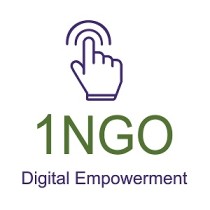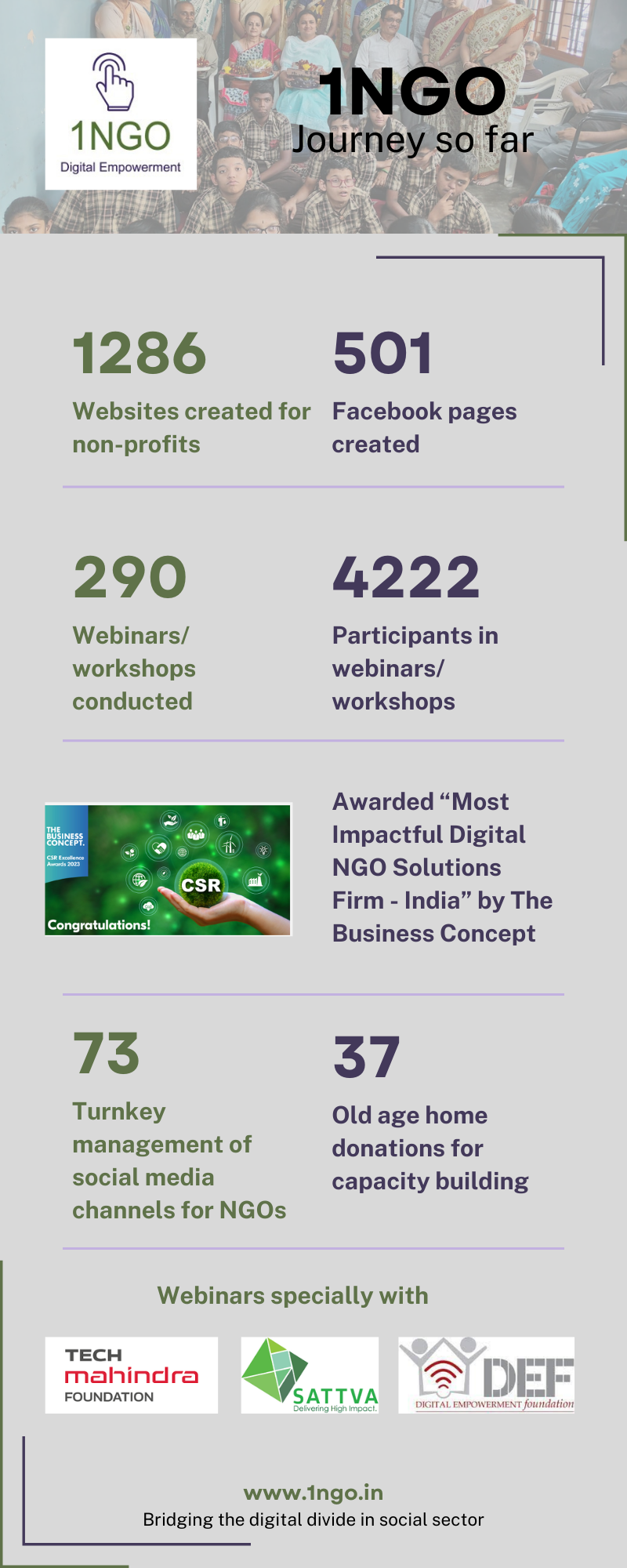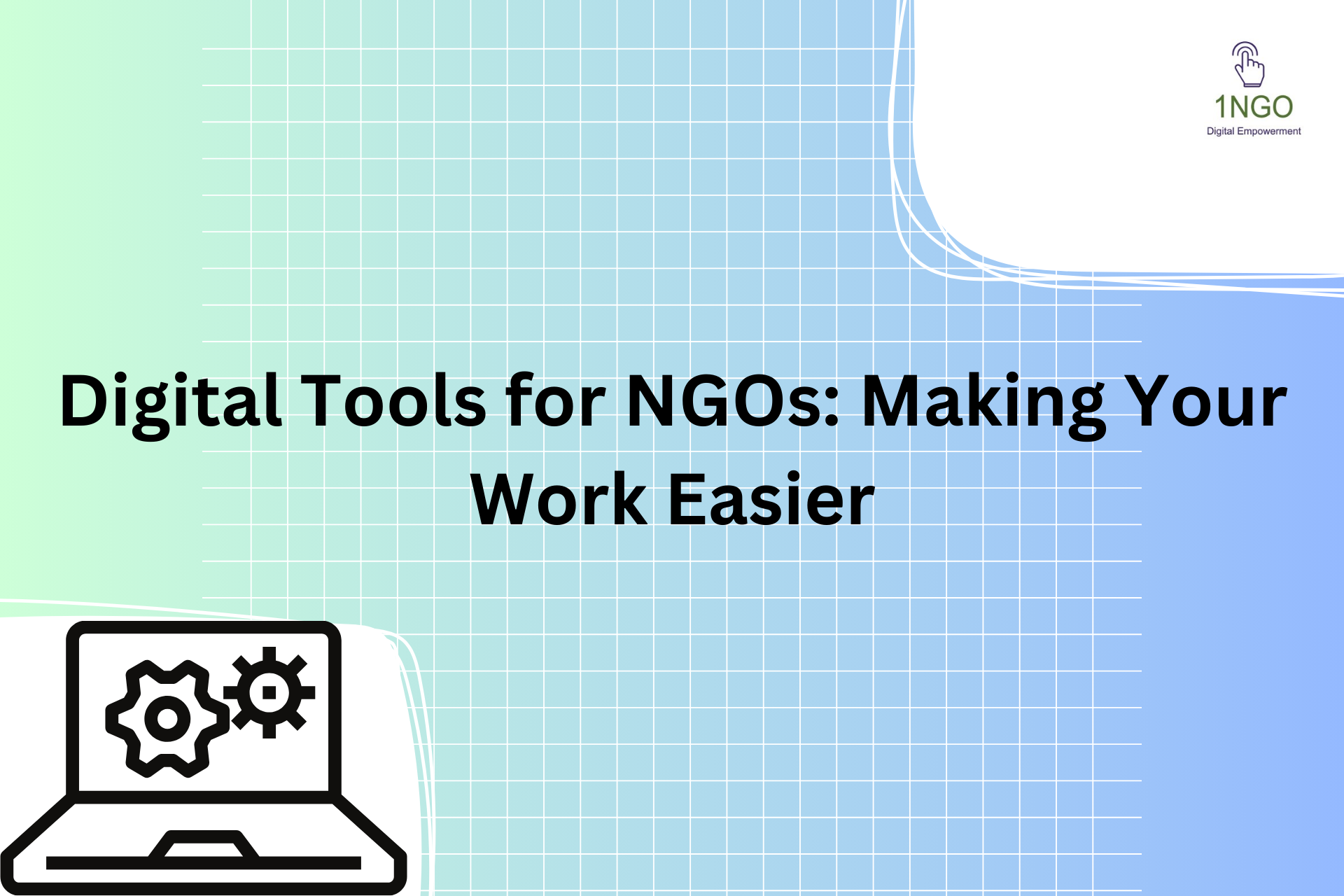Why Nonprofits Need a Website and Its Importance !
May 17, 2024, 1:56 p.m.
Why Nonprofits Need a Website and Its Importance! 1. Credibility and Professionalism A website establishes credibility and professionalism for your nonprofit organization. It serves as a central hub where potential donors, volunteers, and partners can learn about your mission, goals, and achievements. A well-designed website reassures visitors of your legitimacy and commitment. 2. Information Accessibility Having a website makes it easy for people to access information about your nonprofit anytime and from anywhere. This includes details about your programs, events, impact stories, and how individuals can get involved. It ensures that your message reaches a broad audience without the constraints of time or location. 3. Fundraising A website is a powerful tool for fundraising. It allows you to accept online donations securely, showcase fundraising campaigns, and provide updates on funding needs and successes. Online donations are convenient for donors and can significantly boost your fundraising efforts. 4. Volunteer Recruitment Your website can serve as a platform to recruit volunteers. By providing information about volunteer opportunities, the skills you need, and how people can sign up, you can attract individuals who are passionate about your cause and want to contribute their time and skills. 5. Awareness and Advocacy A website helps raise awareness about the issues your nonprofit addresses. By sharing articles, research, and stories related to your cause, you can educate the public and advocate for change. This can help garner support and drive action towards your mission. 6. Communication A website provides a platform for ongoing communication with your supporters. You can share news updates, success stories, and upcoming events through blog posts, newsletters, and social media integration. This keeps your audience engaged and informed about your activities. 7. Networking and Partnerships Having a website makes it easier to connect with other organizations, potential partners, and stakeholders. It acts as a professional point of contact, showcasing your work and making it easier for others to reach out and collaborate with you. 8. Data and Insights Websites can provide valuable data and insights into your audience’s behavior and interests. By analyzing website traffic, you can understand which content resonates most with your visitors, helping you tailor your communications and strategies more effectively. 9. Cost-Effective Marketing Compared to traditional marketing methods, maintaining a website is cost-effective. It allows you to reach a wider audience with minimal expense. Through search engine optimization (SEO) and social media integration, your nonprofit can enhance its online visibility and attract more supporters. 10. Showcasing Impact A website is a great place to showcase the impact of your work. Through testimonials, case studies, and visual content like photos and videos, you can highlight the difference your nonprofit is making. This can inspire confidence and trust among potential donors and supporters.

